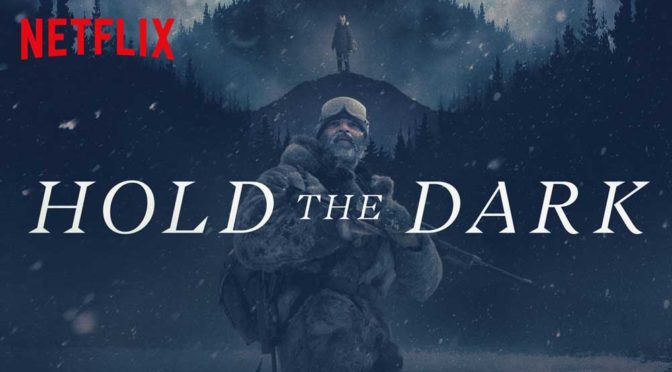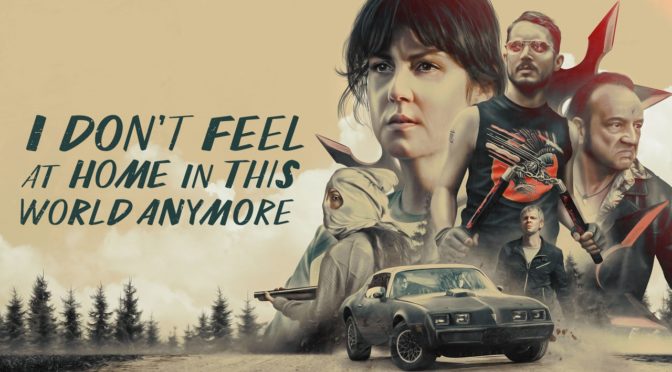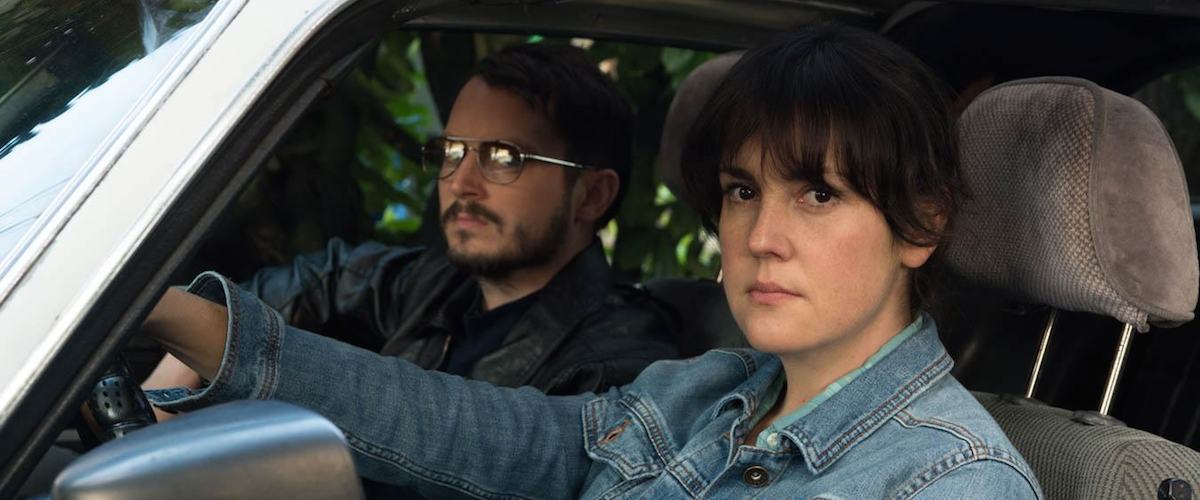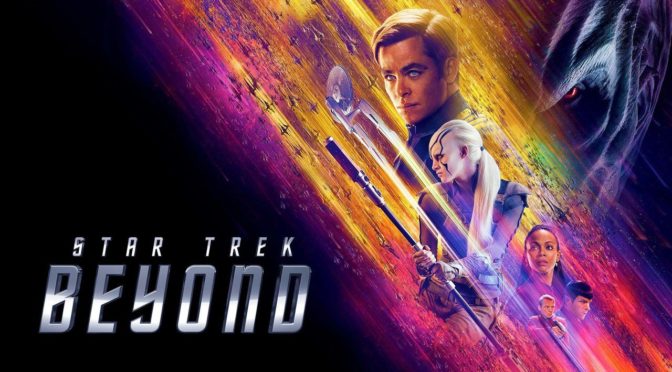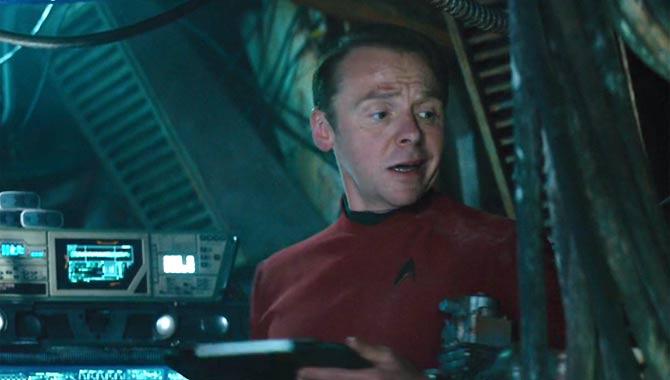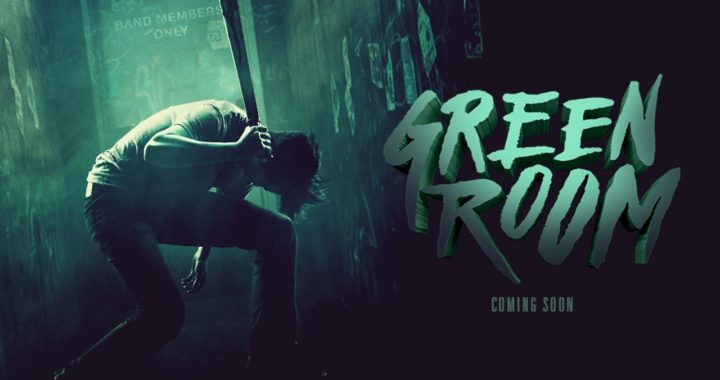Medora (Riley Keough; Mad Max: Fury Road), a mother living by herself in rural Alaska, reaches out to a writer for help in a desperate situation. Her son has been taken by wolves and though she doesn’t expect to find him alive, she wants the wolf found and killed. Russell Core (Jeffrey Wright; Broken Flowers) spent years among wolves studying their patterns and his novel gave Medora hope that he could find the one that took her son. Her husband Vernon (Alexander Skarsgård; True Blood) is deployed in the military and she wants to have some closure for him when he arrives.
Unlike director Jeremy Saulnier’s previous films, Hold the Dark has a much less explicit plot. Blue Ruin and Green Room were both simple in terms of narrative details, but the plot here relies on symbolism, psychology, and barely noticeable background details. There is a dark history to the small Alaskan town and passing comments from strangers indicate there is more to Vernon and Medora’s relationship than Core is aware. As he leaves their house a local woman tells him that there is something wrong with Medora and to stay away. This could be a great setup for Core to unravel the town’s mysteries, but that never happens.

Most of the plot is left unexplained. Sometimes an ambiguous ending provides an opportunity for thought and interpretation, but that isn’t the case here. The entire story is ambiguous and feels like it is missing key details and background, which may have been lost in the transition from book to film, that are necessary to understand character motivations. Without them, several leads commit terrible crimes for little discernable reason. There is some gesturing towards animal spirits and a man wears a wolf-shaped mask before committing several murders, but it does little to entice the audience when the script, by Saulnier’s regular collaborator Macon Blair (I Don’t Feel at Home in This World Anymore), never effectively builds on these clues or links them to the characters.
Saulnier is known for being a master of tension and genre thrills. He emphasizes the location’s frigid cold and a hopelessness that comes with the bleak environment. Yet, there are also scenes in Hold the Dark that feel straight out of a slasher movie and are incongruous with what initially seems like a gritty story of small town corruption like Winter’s Bone. The violence is well done and each shot or stab feels painful, but we never have a narrative base to interpret these actions from. The characters are not given time to develop before they act unnaturally and it prevents the audience from connecting. This in turn reduces the stakes in the skillfully composed set pieces, leaving Hold the Dark as little more than a competent production filled with vague, uninvolving symbolism.

2/5 stars.
